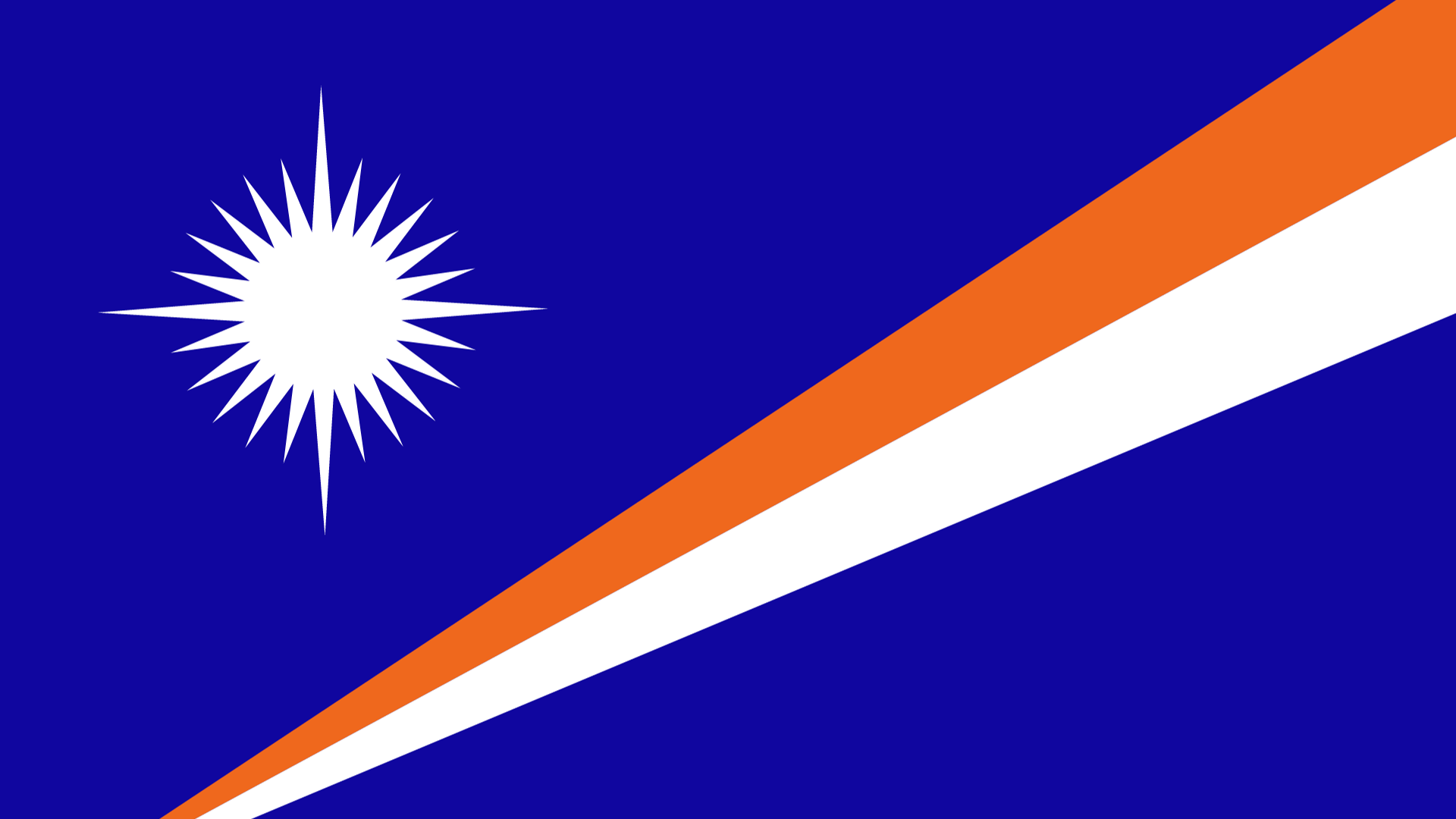Marshall Islands
Explore the advantages of the Marshall Islands as a Decentralized Autonomous Organizations (DAOs) jurisdiction.

Updated 27th August 2023*
This post is part of our research on DAO-friendly global jurisdictions.
Marshall Islands DAO Act
Overview of Jurisdiction:
- Application of Limited Liability Company Act: The Act applies the existing laws for LLCs (Title 52 MIRC Chapter 4) to DAOs, provided they are consistent with the new Chapter.
- Definition and Election: A DAO is identified as a resident domestic LLC that includes specific statements in its certificate of formation or LLC agreement. Existing LLCs can convert to a DAO by amending the necessary documents.
- Formation: Any person can form a DAO, and it must continuously maintain a registered agent in the Republic. DAOs can operate for any lawful purpose, including non-profit, provided they meet the required criteria.
- Management and Standards of Conduct: The management of a DAO is vested in its members or a smart contract, depending on the organization's structure. Members are subject to an implied covenant of good faith and fair dealing, with no explicit fiduciary duty.
- Membership Interests and Voting: Membership interests can be calculated based on governance tokens or a one-member-one-vote basis. Specific provisions for quorum and voting are also laid out.
- Information and Beneficial Ownership Reporting: DAOs must make certain information publicly available, including smart contract details. There are also reporting requirements for beneficial ownership to the Registrar, with penalties for false information.
- Withdrawal and Dissolution: Members may withdraw according to specific terms, and DAOs may be dissolved for various reasons, including expiry, member vote, and court order.
- Miscellaneous and Transition: The Act also includes provisions for conflicts between the certificate of formation, LLC agreement, and smart contracts, a training fund, regulations, and a transitional period for implementation.
- Effective Date: The Act will take effect on the date of certification, subject to a specific transitional provision.
Implications
The Act represents an important step in the legal recognition and regulation of DAOs, aligning them with existing LLC laws while recognizing their unique characteristics, including the use of blockchain technology and smart contracts. It covers aspects like formation, management, membership rights, reporting obligations, and dissolution procedures, providing a comprehensive legal framework for operating a DAO within the jurisdiction of the Marshall Islands.
Legal Frameworks:
The Marshall Islands DAO Act provides a comprehensive legal framework for Decentralized Autonomous Organizations (DAOs), integrating them into the existing legal structure for Limited Liability Companies (LLCs). Here is a detailed analysis of the legal frameworks and the requirements for establishing a DAO, along with the legal protections offered:
Requirements for Establishing a DAO
- Definition and Election of DAO Status: A DAO must be defined as a resident domestic LLC, and its certificate of formation or LLC agreement must contain a statement that the company is a DAO. Existing LLCs may convert to a DAO by amending the necessary documents (§104).
- Formation: Any person may form a DAO with one or more members by delivering the required documents to the Registrar for filing. The DAO must continuously maintain a registered agent in the Republic (§105).
- Certificate of Formation or LLC Agreement: The certificate or agreement must include a statement that the organization is a DAO, set forth the matters required by the Limited Liability Act, and include a publicly available identifier of any smart contract directly used to manage the DAO (§106).
- Name Registration: The registered name for a DAO must include "DAO LLC" (§104).
- Beneficial Ownership Information Report: Each DAO must submit a report identifying each beneficial owner of the DAO, including full legal name, date of birth, address, nonexpired passport number, and wallet address(es) associated with the DAO (§112).
Legal Protections and Framework
- Limited Liability: The Act extends the legal framework of LLCs to DAOs, allowing them to operate under similar legal protections.
- Management and Membership: DAOs can be either member-managed or algorithmically managed. Members' rights, voting rights, transferability, withdrawal, and distributions are all governed by the DAO's documents, allowing flexibility (§108-§110).
- Standards of Conduct: Members are subject to the implied contractual covenant of good faith and fair dealing, but no additional fiduciary duties unless specified (§109).
- Amendment and Restatement: The certificate of formation or LLC agreement may be amended in specific cases, ensuring the accuracy of the DAO's information (§107).
- Dissolution: The Act outlines clear criteria for the dissolution of a DAO, allowing for termination by various means, including member vote or court order (§114).
- Regulatory Oversight: The Registrar is given authority to promulgate regulations, providing ongoing oversight (§117).
- Transparency and Disclosure: The requirement for detailed beneficial ownership information ensures transparency and accountability (§112).
- Transition and Effective Date: Provides a clear timeline for implementation and effectiveness of the Act (§118-§119).
- Training Fund: Establishes a fund for training implementers of the law (§116).
In summary, the Marshall Islands DAO Act integrates DAOs into the existing legal framework for LLCs, providing legal recognition, structure, and protections. The Act clearly defines the requirements for establishing a DAO and offers a robust regulatory framework for their management, transparency, and dissolution. This is a pioneering legal effort to reconcile traditional corporate structures with the emerging decentralized technology that underpins DAOs, and it is likely to influence similar legislative efforts elsewhere.
Benefits and Challenges:
The DAO Act in the Marshall Islands represents a pioneering effort in legal frameworks surrounding Decentralized Autonomous Organizations (DAOs). Here's a look at some of the key benefits and challenges associated with this legislation:
Benefits:
- Legal Recognition: By providing a legal framework for DAOs, the Act grants them legal legitimacy, allowing them to engage in contracts and legal transactions as other recognized business entities.
- Limited Liability Protection: DAOs benefit from limited liability status, protecting individual members' personal assets from the organization's liabilities.
- Regulatory Clarity: The clear rules and regulations around the formation, operation, and dissolution of DAOs reduce uncertainty, providing a stable environment for development and growth.
- Increased Transparency: By mandating the disclosure of beneficial ownership, the Act ensures accountability and may reduce the risk of fraud or misuse.
- Flexibility in Management: DAOs can be member-managed or algorithmically managed, allowing for innovation in organizational structure.
- Global Appeal: The Act may attract international attention and investment in the region by providing a clear legal framework for this emerging technology.
Challenges:
- Compliance Complexity: The detailed requirements for registration, reporting, and other compliance measures may create a burden for smaller DAOs or those less familiar with legal processes.
- Technology Integration: Integrating smart contracts and decentralized technologies into a legal framework could create technical challenges and might require constant updating to keep pace with technological advancements.
- Enforcement Difficulties: Ensuring compliance and enforcing legal standards within decentralized, globally distributed organizations might prove challenging for regulators.
- Potential Conflicts with Other Jurisdictions: The global and decentralized nature of DAOs may lead to legal conflicts between the laws of the Marshall Islands and those of other countries where DAO members or operations are located.
- Risk of Misuse: Despite measures to increase transparency, the structure of DAOs may still be exploited for money laundering or other illicit purposes if not carefully monitored.
- Resistance from Traditional Business Structures: Integrating DAOs into traditional business law might encounter resistance or skepticism from established business communities or legal professionals.
- Interoperability with Existing Laws: Aligning the DAO Act with other laws and regulations, including those governing taxation, securities, and consumer protection, may present legal complexities.
Conclusion: The DAO Act in the Marshall Islands offers a groundbreaking legal framework that brings many benefits, such as legal recognition, flexibility, and potential growth in the tech sector. However, it also presents various challenges related to compliance, enforcement, and integration with both technology and existing laws. Continuous monitoring, adaptations, and cooperation with international jurisdictions may be necessary to fully realize the benefits and overcome the challenges of this innovative legislation.
Case Studies:
In the Marshall Islands, there is a database where you can review the entities, but in the database, there is no registered DAO according to the Act! Since the act passed in 2022, maybe there is not any registration. However, there are DAOs in the Marshall Islands, for example, IDLE: https://resources.register-iri.com/CorpEntity/Corporate/Search
*Please note that the information in this post is for informational purposes only. It should not be construed as legal, tax, investment or other advice.*
